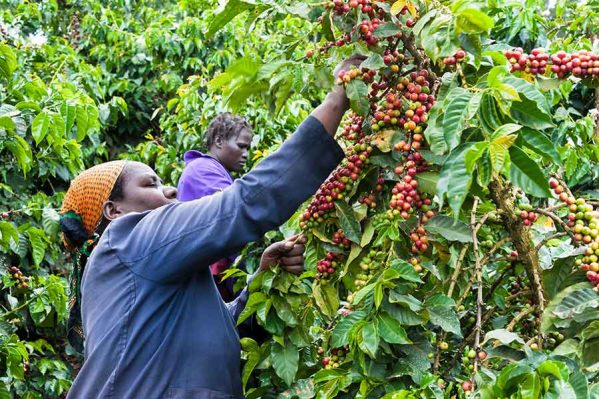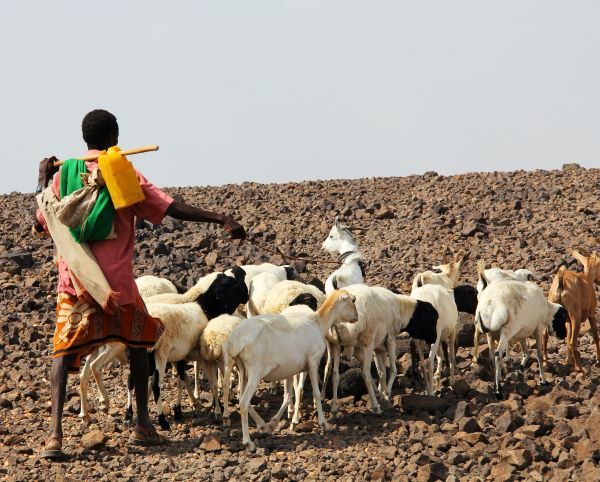Pilot projects in Africa have shown that nature-positive techniques are not only improving crop yields for farmers, but also reducing soil erosion, improving water retention, and positively impacting biodiversity.
Mary Child, the sustainability manager at Nespresso UK & ROI, has said regenerative farming practices can provide benefits to both farmers and businesses.
“The benefit is both a significant reduction in costs and an increase in productivity, strengthening farmer income, land restoration, food supply chain resilience and food security,” she said.
“A prime example of putting this into practice is agro-forestry, which involves planting trees in and around coffee farms. Trees act as carbon sinks and reinvigorate habitats, while creating benefits for the coffee crop such as soil protection, temperature regulation and water replenishment.
“In turn, farmers can achieve stable production volumes and consistent high quality, increasing the economic value of coffee and enabling crop diversification to further boost farmer incomes.”
Under the Nespresso AAA Sustainable quality programme, the company has six million trees since 2014, with plans in place to reach 12 million by 2025.
“The results from biodiversity projects we’re piloting have also demonstrated the huge potential of nature to address key challenges. Introducing beehives on farms, for example, has shown us that bees can boost productivity and coffee quality by increasing pollination efficiencies,” Child said.
She added every coffee region requires tailored solutions, so activity could focus on natural flood barriers in one area, for instance, or introducing organic practices in another as many farmers are being forced to grow coffee at higher altitudes due to rising temperatures, while others are dealing with unprecedented droughts or heavy rainfall.
“Partnering with farmers to identify their specific needs is therefore crucial. Working with the Rainforest Alliance, we’ve recently introduced a Regenerative Coffee Scorecard to tackle this issue, supporting the evaluation of performance against key regenerative metrics, as well as areas of improvement.
The transition to regenerative agriculture cannot be achieved by farmers alone and will of course require the collaboration of all coffee stakeholders to innovate and finance solutions. But it’s an exciting first step.
“By working together, our industry has the potential to regenerate landscapes, restore healthy ecosystems, build farmer resilience, and mitigate the impacts of climate change – to safeguard coffee for future generations.”
According to Nespresso UK & ROI, Kenyan and Ethiopian coffees are renowned for their specialty grade, yet many of East Africa’s five million smallholder coffee farmers face enormous difficulties – running out of money and food between harvests.
Several hurdles to higher earnings exist here. Farms are generally small, averaging less than half a hectare of coffee trees – one-tenth the size of Brazilian or Colombian farms. Yields also tend to be low with smallholders harvesting 50 percent less coffee per hectare than their counterparts in Latin America.
Climate change is also threatening farmers’ productivity and livelihoods.









